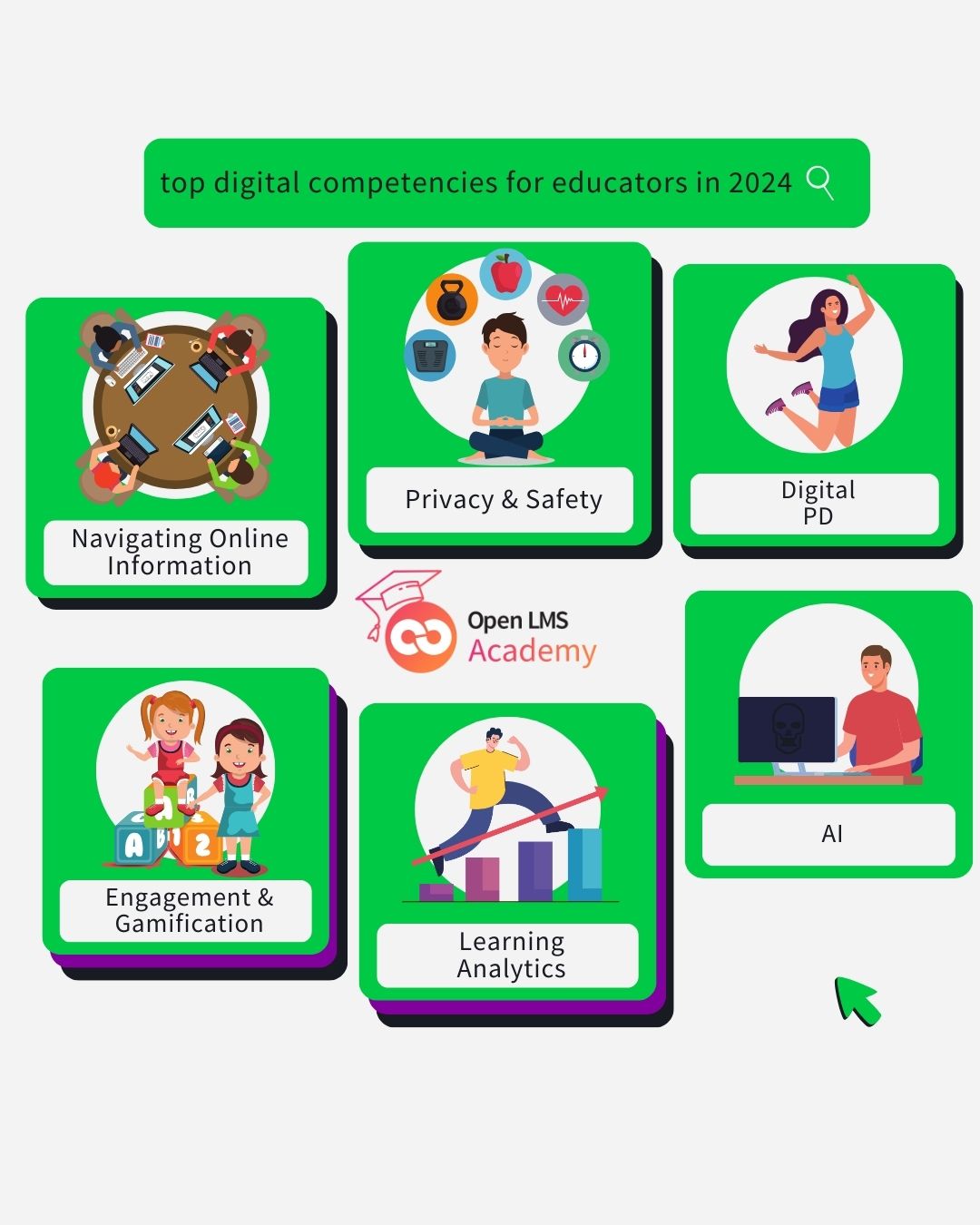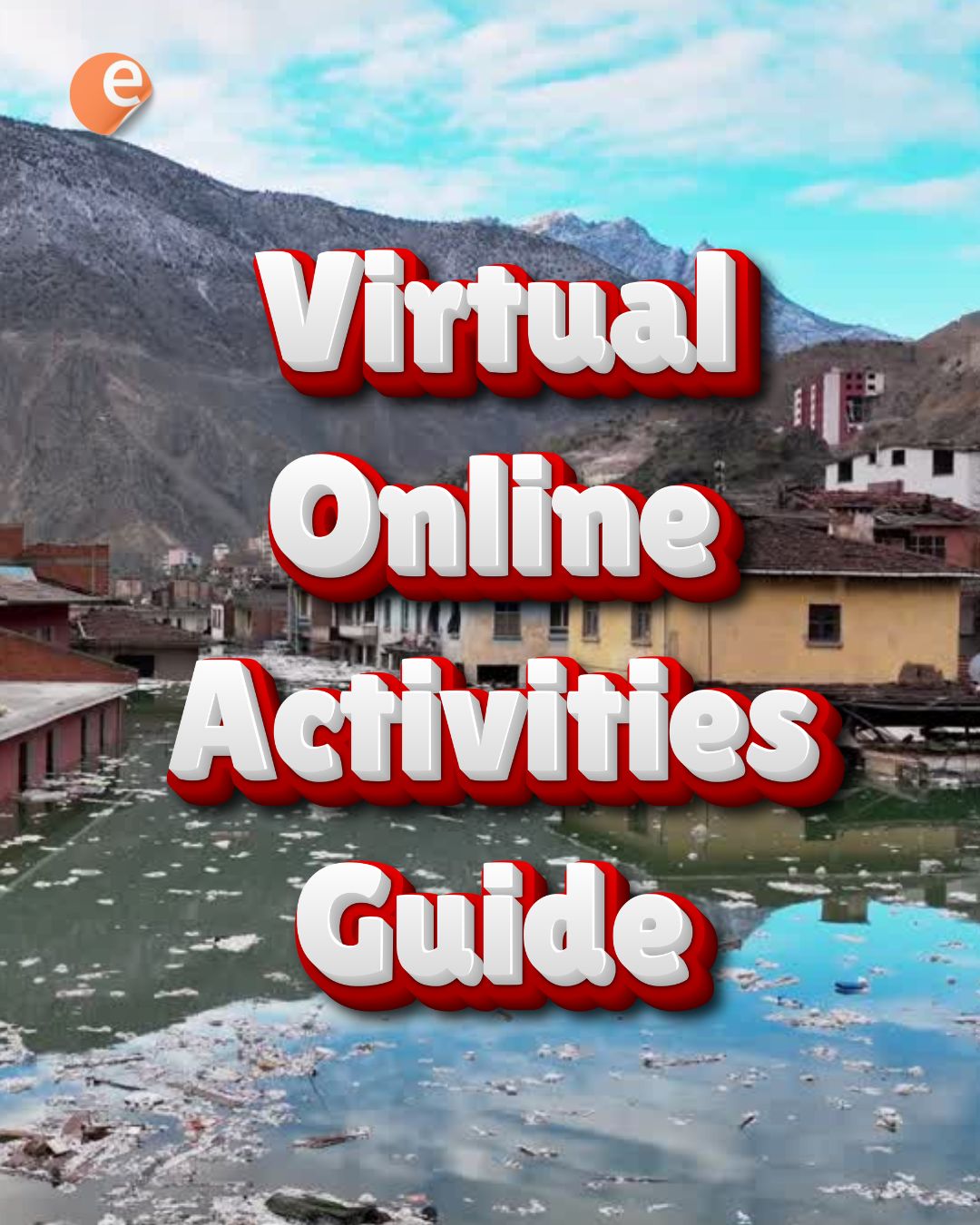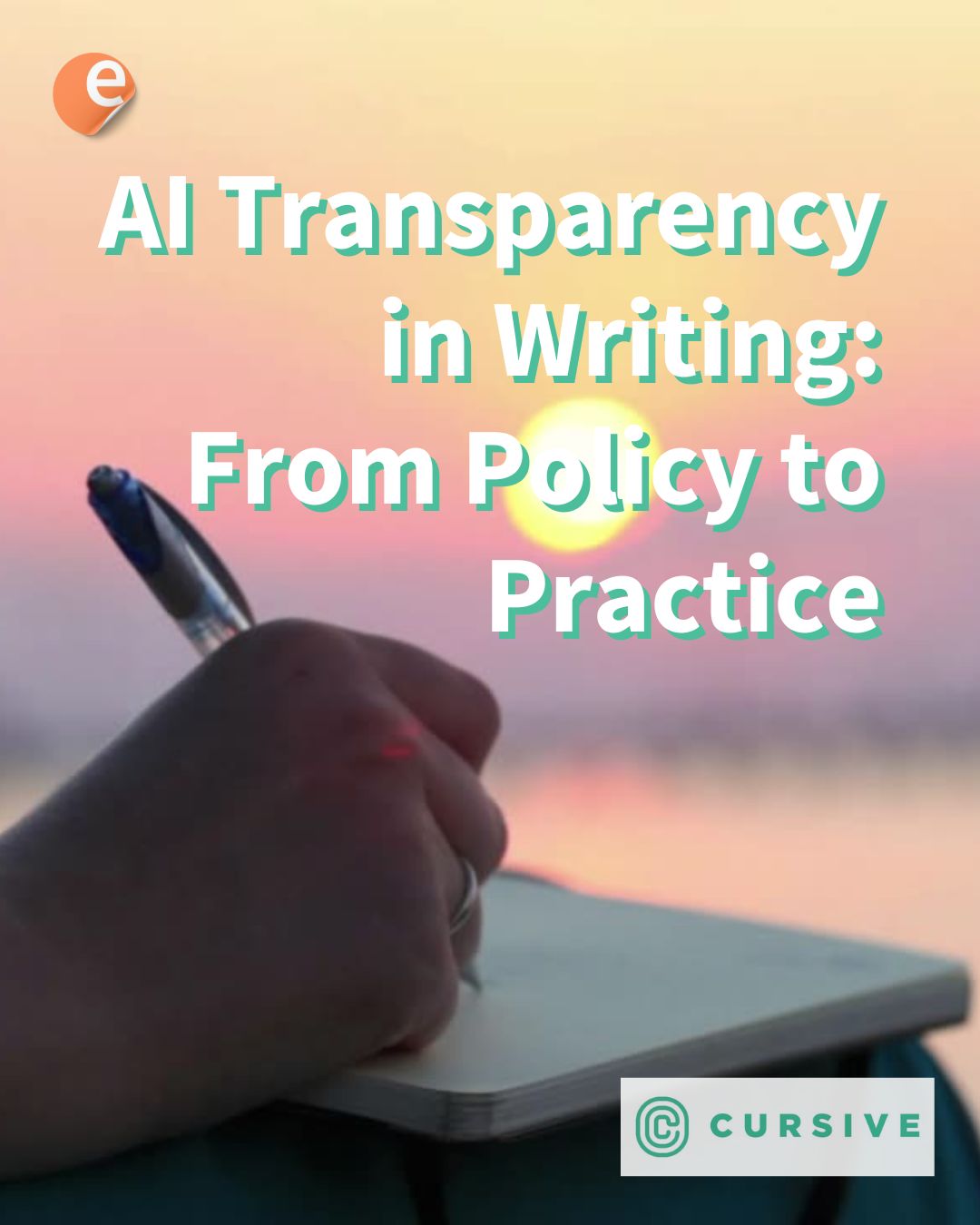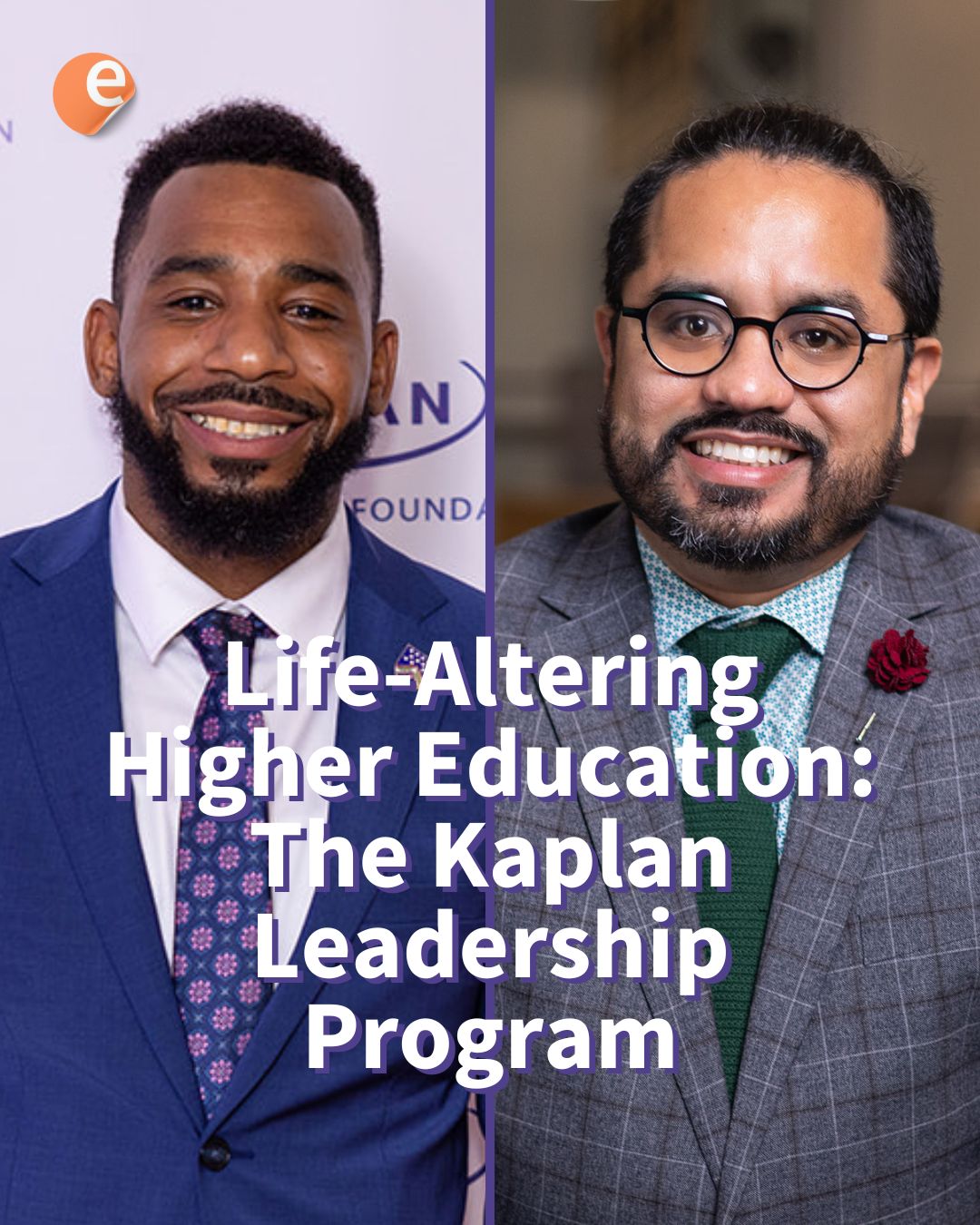The idea of Digital Literacy will always be evolving. As a set of valuable competencies, they have an inevitable bond with technology and its pace. And as an idea with human and social implications, it has also evolved. Today, Digital Literacy is less about how to use a tool, and more about being able to navigate and thrive in our world.
I had the privilege to talk with Amy Tessitore, honoring Digital Education Day. A renowned figure in the Moodle™ community, Amy has seen the evolution first hand. Long are the days where she trained people on setups, menus and protocols. Better topics she concerns herself today include cybersecurity, privacy and of course AI. Conversations about these topics are more relevant and timely. But they are also more important because of how they are affecting our lives. And as we agree, these are better off taking place in the context of our communities.
In our interactive session, we touched on the history of the concept. We exchanged views on what the perfect 2024 Digital Literacy skill set looks like. And we did not shy away from addressing the digital divide, still a core issue both in the global and local stage.
Digital Literacy: A Brief History of the Concept
For the most part, the tools we have to support our daily lives are an almost magical achievement. This rings true in particular when it comes to usability. At the very beginning, a computer was not something you could buy. The origin of the personal computer took place in homebrew computer clubs in the 70s. Small groups of enthusiasts would gather to connect circuits and chips on boards. It was the only way you could get a blinking cursor on a dark screen to do your bidding. It would take a while before ready-made units became available to use at home. When they were, it was not a plug-and-play deal. The first computers ever sold would come with thick manuals. Very few people had both the privilege and foresight to study these nascent machines.
“Technical Fluency” appears to be the first iteration for Digital Literacy. Showing up since the early 1900s, it would become a desirable skill by the 1980s. In the 90s “Technological Literacy” gains public favoritism and among educators in particular. While both emphasize the need to make sense of tech, the literacy part is not a subtle distinction. For anthropologist and educational theorist Michael Apple, technology was now something you “read.” The association of digital skills to literacy would begin. A review of our current ways to understand the pedagogy of literacy was also at hand. Until then, manuals were comprehensive, yet mechanical explanations of commands and outputs. As technological literacy became a wider concern, educators added human and social dimensions. Later on, curricula would focus on them increasingly, then principally.
Since the turn of the century, Digital Literacy is the mainstream term. It is a digital native one, mindful of an ever-present connection to the internet. It has spilled out of technical and engineering departments. Primary schools now have robust computer curricula, with labs to go along. Web navigation replaced the parts of the computer in it. Online forums and the first email clients gave rise to the need for “Netiquette” lessons. The link between technology and safe use, in a social and human sense, settles in from here on out.
A proposed ‘cutting-edge’ Digital Literacy curricula
What skills would be essential in today’s age? We brainstormed a non-comprehensive list of must-haves, worth spreading to pretty much anyone with a device they go online with:
Online Disinformation
In the face of rising online disinformation, digital literacy curricula might do well emphasizing the importance of critical thinking and fact-checking. Educating individuals on identifying credible sources, understanding the mechanics of misinformation spread, and utilizing fact-checking tools are crucial steps in combating fake news and ensuring a well-informed public. Last but not least, when attention is so intensely fought over and weaponized, it’s key to always wonder about the intent of the information presented and the emotions it seeks to arouse in you.
Data Privacy and Security
With personal data increasingly becoming a target for cyber threats, understanding data privacy and security is paramount. Covering topics like safe online practices, the significance of data encryption, and the rights individuals have over their personal information goes a long way in empowering users as they take advantage of the internet.
Artificial Intelligence (AI)
As AI becomes more integrated into daily life, literacy in this area includes understanding AI’s capabilities and limitations, ethical considerations, and its impact on employment and society.
Digital Communities
Navigating and contributing positively to digital communities, understanding digital etiquette, and the role of digital platforms in shaping public opinion and fostering social movements is a topic of growing importance, particularly in places where access to information online is lacking, heavily censored or at risk.
What is the Digital Divide? A look at the U.S. and the world
The Digital Divide or Digital Gap refers to the differences individuals have in accessing information online, as well as communication technologies. The divide is often measured geographically, especially when the focus is on infrastructure. But there can be other demographic traits where the gap is present: Generational, income, race and even gender.
In the U.S., there is a clear gap between rural and urban areas, mainly due to the difficult geography. A key roadblock towards increased access of affordable internet is the limited competitive landscape between providers of broadband internet. Recently, alternatives from private, commercial (Starlink) and community (rural broadband) sources are seen as promising remedies.
All in all, with an estimated internet coverage of 85% of the population, the U.S. ranks among the best cases worldwide—even if it means there’s still over 35 million people with no stable internet at home. Globally, the divide is more pronounced, with entire regions lagging behind in internet connectivity, infrastructure, and digital literacy skills. Addressing this divide in a concerted way is critical for ensuring equitable access to information, opportunities, and full participation in the digital age. Increasing internet access without a corresponding effort in Digital Literacy skills and community approaches, has the potential to have an ultimately negative impact in digitally underserved communities.
To Sum Up—and what you can do
Digital Literacy nowadays is much more than just understanding how to use technology. It’s about navigating the digital world responsibly, critically, and ethically. It can also entail discussions about empowerment, or our ability as people and communities to leverage technologies towards positive change, and protect ourselves against malicious use.
To promote conversations surrounding these crucial issues, you can advocate for inclusive digital literacy programs, support organizations working to bridge the digital divide, and continually educate yourself and others about the evolving digital landscape. By doing so, we can ensure that everyone has the opportunity to participate and thrive in an increasingly interconnected society.







